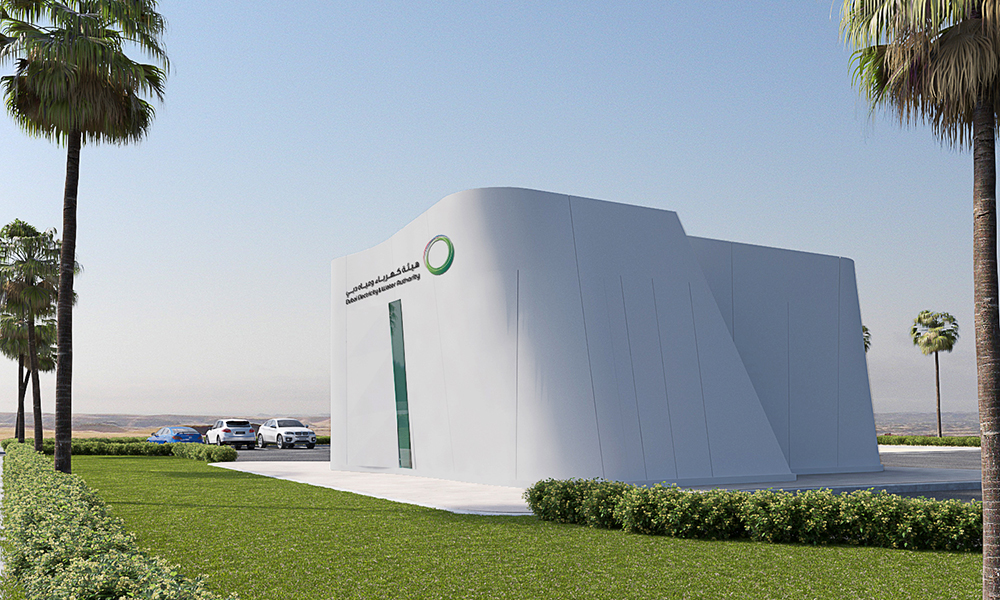The Dubai Electricity and Water Authority (DEWA) says it has developed advanced infrastructure, as well as specialised software in the 3D printing and additive manufacturing fields. The utility company says the technology enables it to save time and reduce cost, while improving efficiency and productivity.
In its statement, the firm said it is the first organisation in the GCC to deploy the highly accurate Markforged Metalx 3D printer based on wire/filament. The firm says it uses 3D printers to produce prototypes and spare parts for its generation, transmission, and distribution divisions and to support the digitisation of its inventory.
The R&D Centre supports rapid prototyping through its 3D printer advanced features. It also provides technical solutions, training, knowledge sharing, mechanical testing, techno-economic analysis, and research and development in additive manufacturing, the statement noted.
“We work on innovating and developing new 3D printing facilities across DEWA’s divisions and draft quality procedure protocols. DEWA’s R&D Centre supports 3D printing of components that can endure high temperatures and harsh weather conditions. It includes the latest 3D printing technologies such as reinforced plastic printers using a mixture of carbon fibre or fibreglass; CYBE printers; and Markforged Metalx metal printers. The Centre strengthens DEWA staff’s capabilities in 3D printing, through workshops and training sessions,” said Saeed Mohammed Al Tayer, MD & CEO of DEWA.
The centre also includes DEWA’s Robotics & Drone laboratory, which is said to be the first building in the UAE to be fully printed onsite, and the first such 3D-printed lab in the world. The lab houses rovers and drones that are designed and built in-house.
He added, “Besides, it develops the experiences of its engineers and researchers and consolidates their knowledge of additive manufacturing, which supports national capabilities. The number of Emirati researchers at the Centre has reached 70%, including 40 male and female researchers, 20 of whom are PhD and master’s degree holders.”
